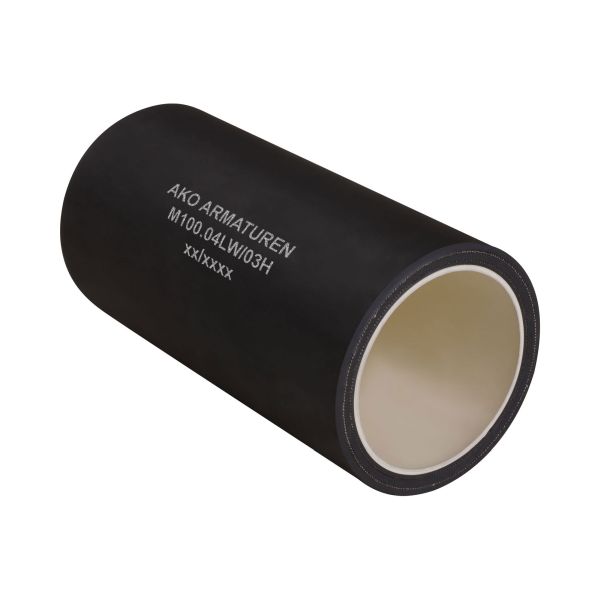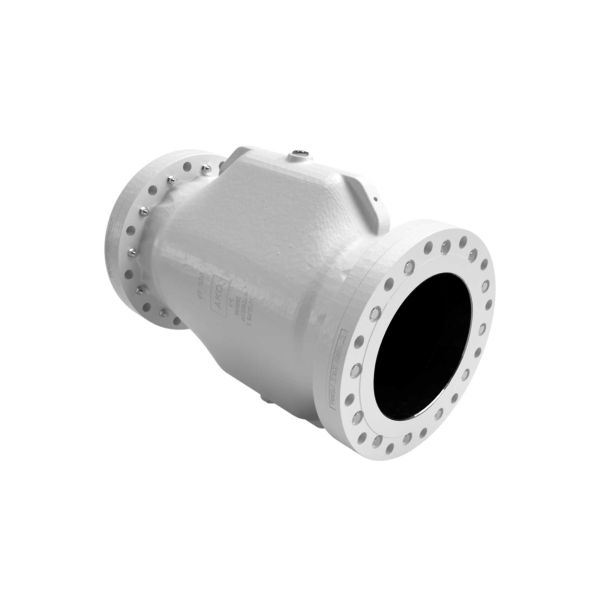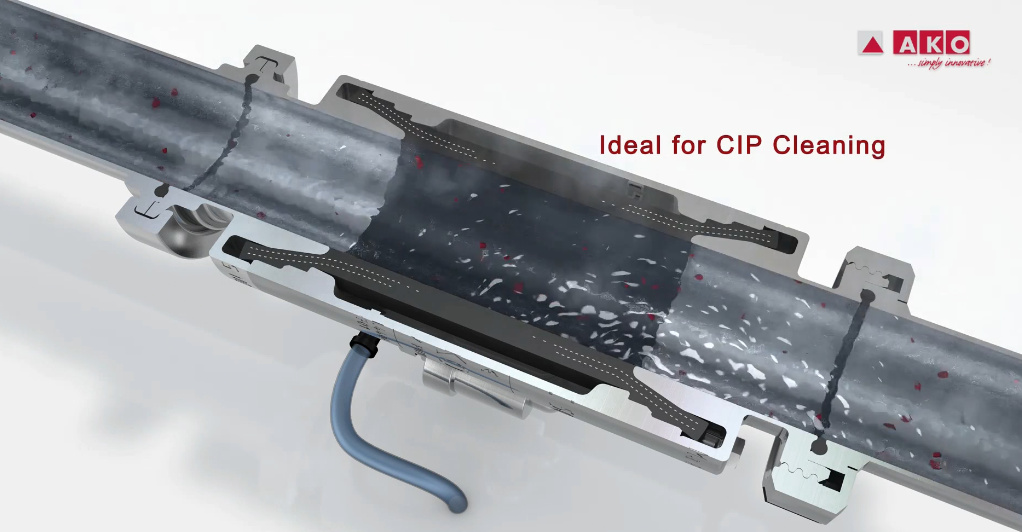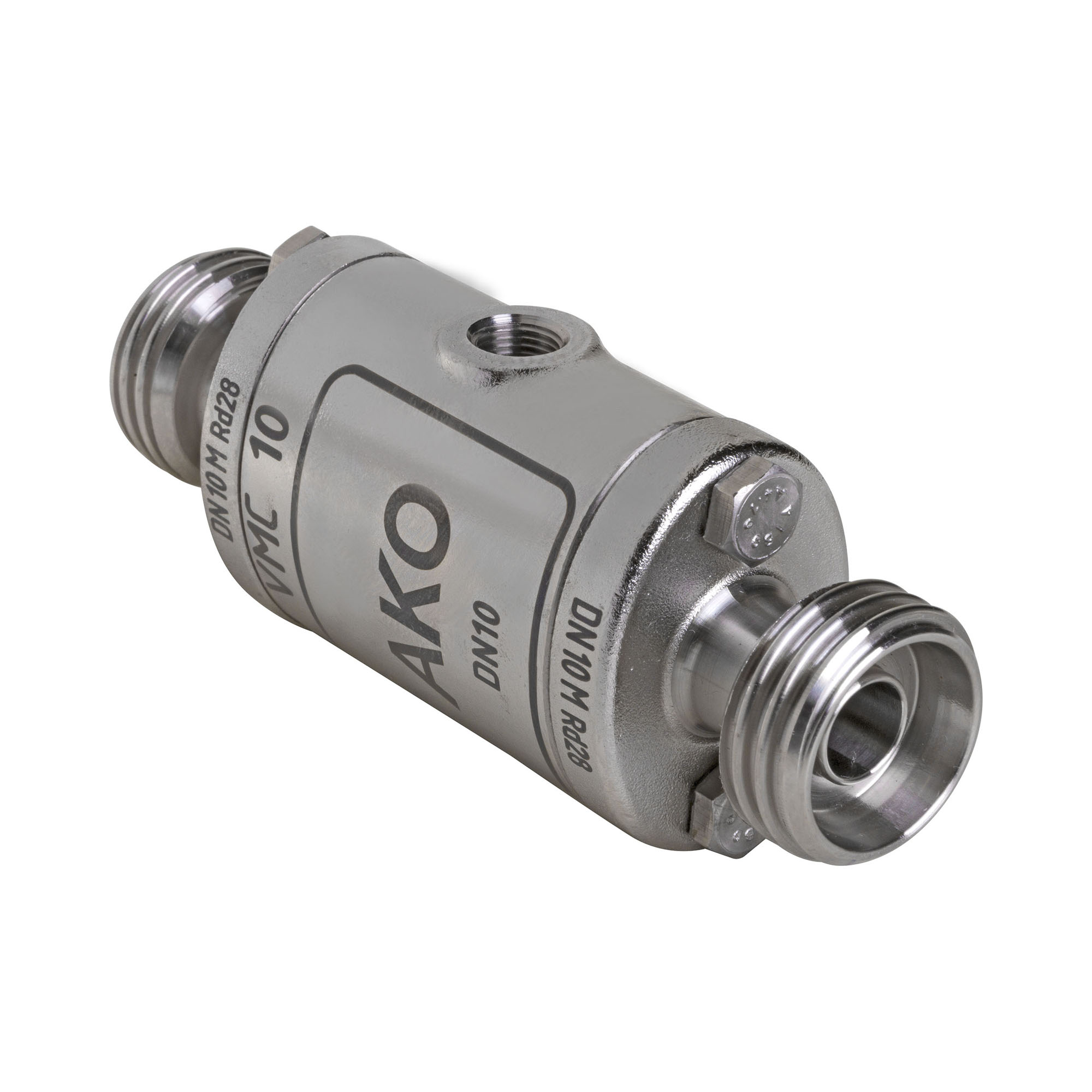Low Clogging Valves with Manual Operation
Manually actuated low clogging valves offer multiple features including maintenance-free operation, reliability, and cost-effectiveness. They are engineered to handle tough abrasives, slurries, and corrosive chemical flow media. The best part about these valves is their 100% full port design that eliminates any crevices or dead spots in bearings or seats, where there is a possibility of slurry hanging up and impairing the entire operation, or in worst scenarios, cause complete valve failure.
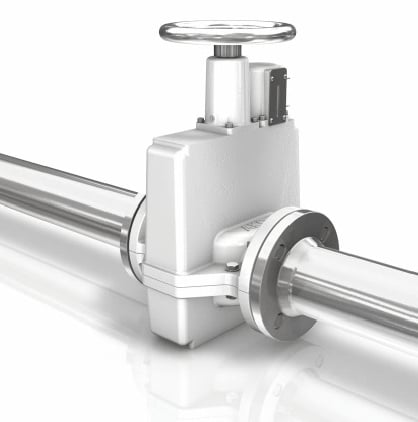
Manual low clogging valves have a tight shutoff feature in their design that allows them to meet the same dimensions as plug, ball, and gate valves up to several inch ranges. The top-notch elastomer technology is used in making these valves so that they can provide smooth center-line closure, venture flow, and excellent throttling characteristics.
Low Clogging Valves Easy Maintenance
Maintaining manual low clogging valves is quite easy, as it only requires replacing the sleeve. This can be done by following detailed fitting instructions that come with the product. Moreover, it doesn’t require any special tools for this purpose. Due to this, these valves with a rubber squeezing hose are known for low operating and maintenance costs.
Low Clogging Valves Benefits and Applications
The most important benefits include minimum frictional resistance, free flow of the product, and low operating and maintenance costs. Another notable benefit is that only the sleeve comes in contact with the flowing medium, reducing the costs and hassle involved in maintaining and replacing different components. In addition, the pinching mechanism makes it a blockage-free valve solution, where the sleeve shuts off larger solid particles, making it leakage-free as well.
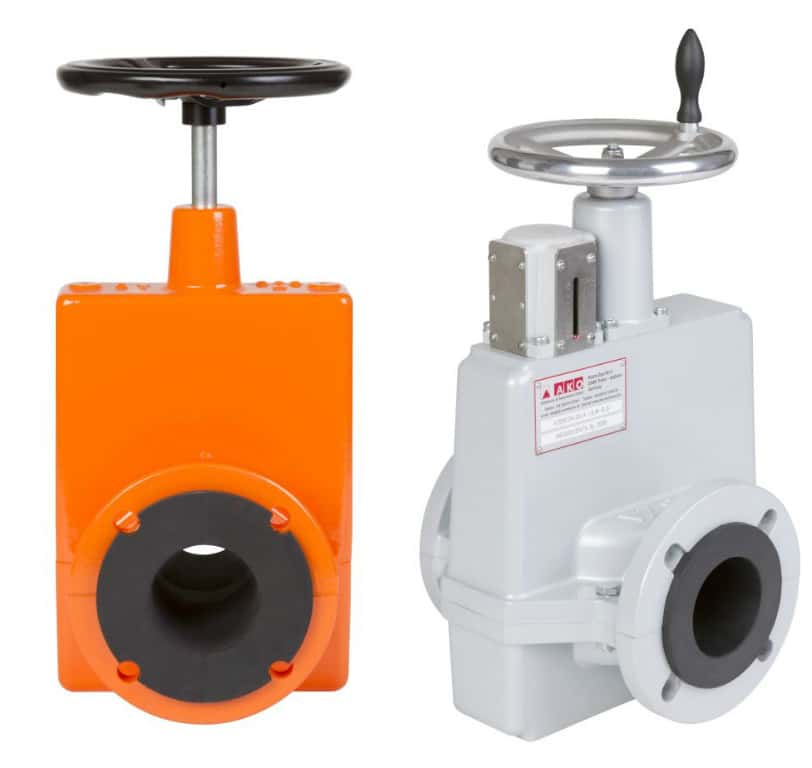
Manual low clogging valves are used in a wide range of pneumatic conveying systems in pigment and granulate handling, waste water treatment, the silos/cement sector, the plastics/glass/ceramics industry, and the foodstuffs industry. Low clogging valves are also used in, metals, mining and the chemical industry, as well as paper, petroleum, and cellulose industries.
See more industry examples here.




